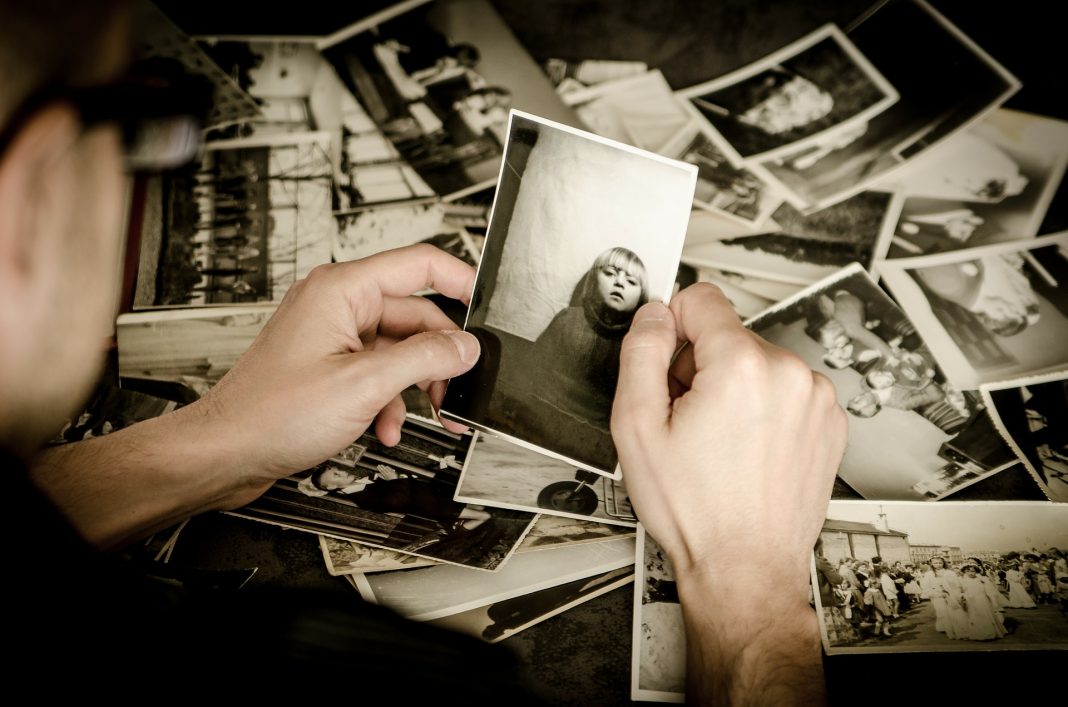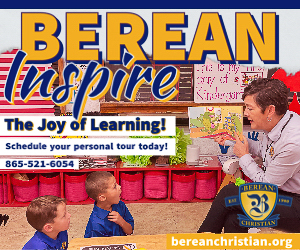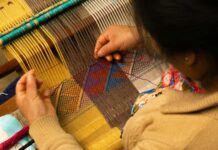 It’s been eight years since my dad suddenly died, and seven since my firstborn made his arrival into this world. I never expected to raise my children without my dad being a part of their lives, never anticipated his calloused hands wouldn’t get a chance to hold any grandbabies, never thought I wouldn’t get to see my little ones look up into his eyes and poke at his mustache. But the lack of these everyday occurrences is my reality.
It’s been eight years since my dad suddenly died, and seven since my firstborn made his arrival into this world. I never expected to raise my children without my dad being a part of their lives, never anticipated his calloused hands wouldn’t get a chance to hold any grandbabies, never thought I wouldn’t get to see my little ones look up into his eyes and poke at his mustache. But the lack of these everyday occurrences is my reality.
The thing about grief that no one ever mentions is that it’s a constant part of your daily life. Though it changes shape and size, and may hide in the shadows from time to time, it is always there waiting. From a song on the radio to a handwritten recipe on a post-it falling out of an old cookbook, grief can resurface at any moment.
So how do you move through life if such tiny things can set off your broken heart all over again?
You own it. You can’t outrun grief, but you can lean in.
As it so often does, Disney has helped tremendously with grief. There’s a line from The Lion King that the Broadway musical turned into a song entitled He Lives in You. Here’s an excerpt that is particularly applicable:
“He lives in you
He lives in me
He watches over
Everything we see
Into the water
Into the truth
In your reflection
He lives in you…”
The truth is, the fact that my kids don’t get to be a part of my dad’s life doesn’t mean my dad doesn’t get to be a part of my kids’ lives. He lives in me, and in them.
These are pretty words and a nice sentiment, but how do we apply the sentiment to everyday life? How can we integrate our beloved family members who are no longer here with us into our daily lives? Especially when our children never met them?
We have a stuffed animal called Grandpa Bear that we can hug whenever we miss him (we even dress him like my dad!).
His photos hang on the wall.
We tell his stories.
We talk about him.
We celebrate his birthday.
We choose to remember. We look through photo albums full of photos of our family members, living and deceased.
These steps don’t stop the blindsiding effects of grief, but it helps cushion the blow by making their absence a little more bearable. It can be alarming to hear a little voice pipe up from the backseat, saying, “I miss Grandpa Mike,” or “Mommy, I’m sorry your dad died. Does it make you sad?” But it also opens up the door for important conversations, increases emotional intelligence, and the fact that I’ve taught them enough about him for them to miss him is a sign I’m doing the right thing.
Do I worry my kids will be anxious about other people they know dying? Of course. Does it bring on uncomfortable conversations about death I’m not always prepared for? Yep. This Life Kit from NPR has given me wonderful tools to use in these conversations. But I can’t let my fear or discomfort eclipse the present importance of sharing my beloved family members with them.
My dad may not have gotten to meet my kids. But my kids know my dad.




















I loved this article. It’s all so true. I miss Mike too.